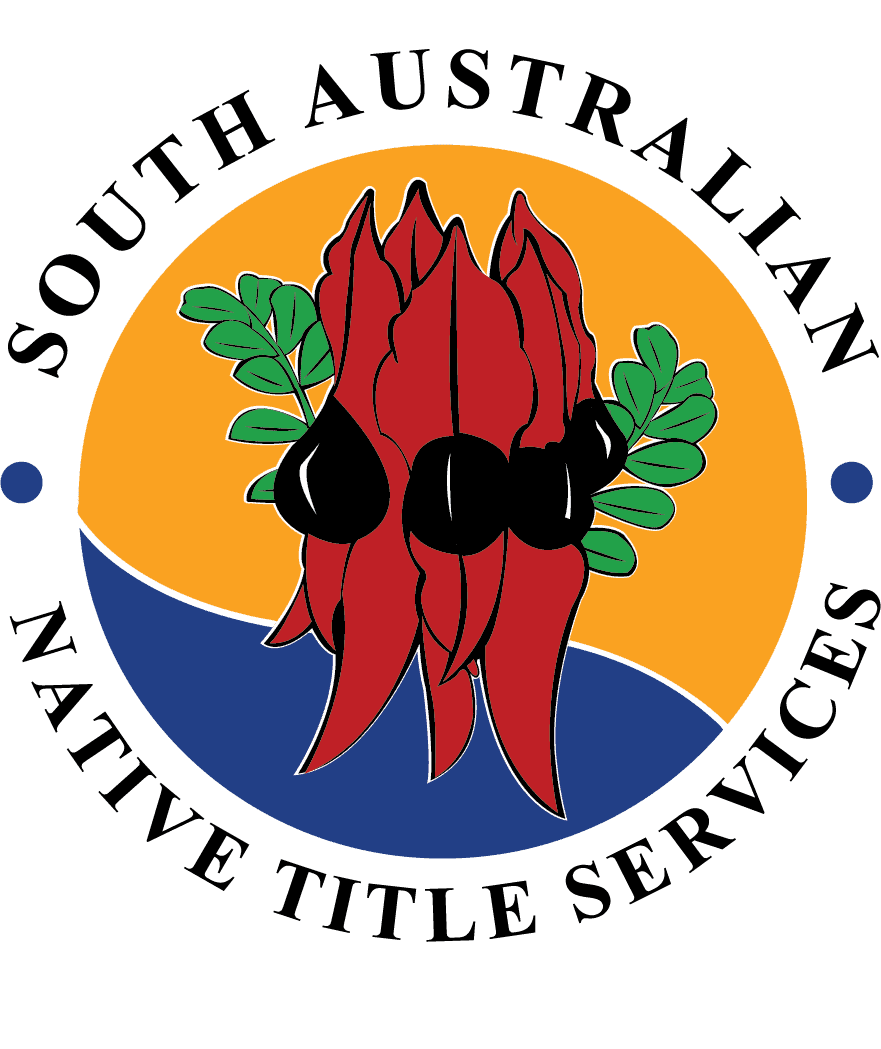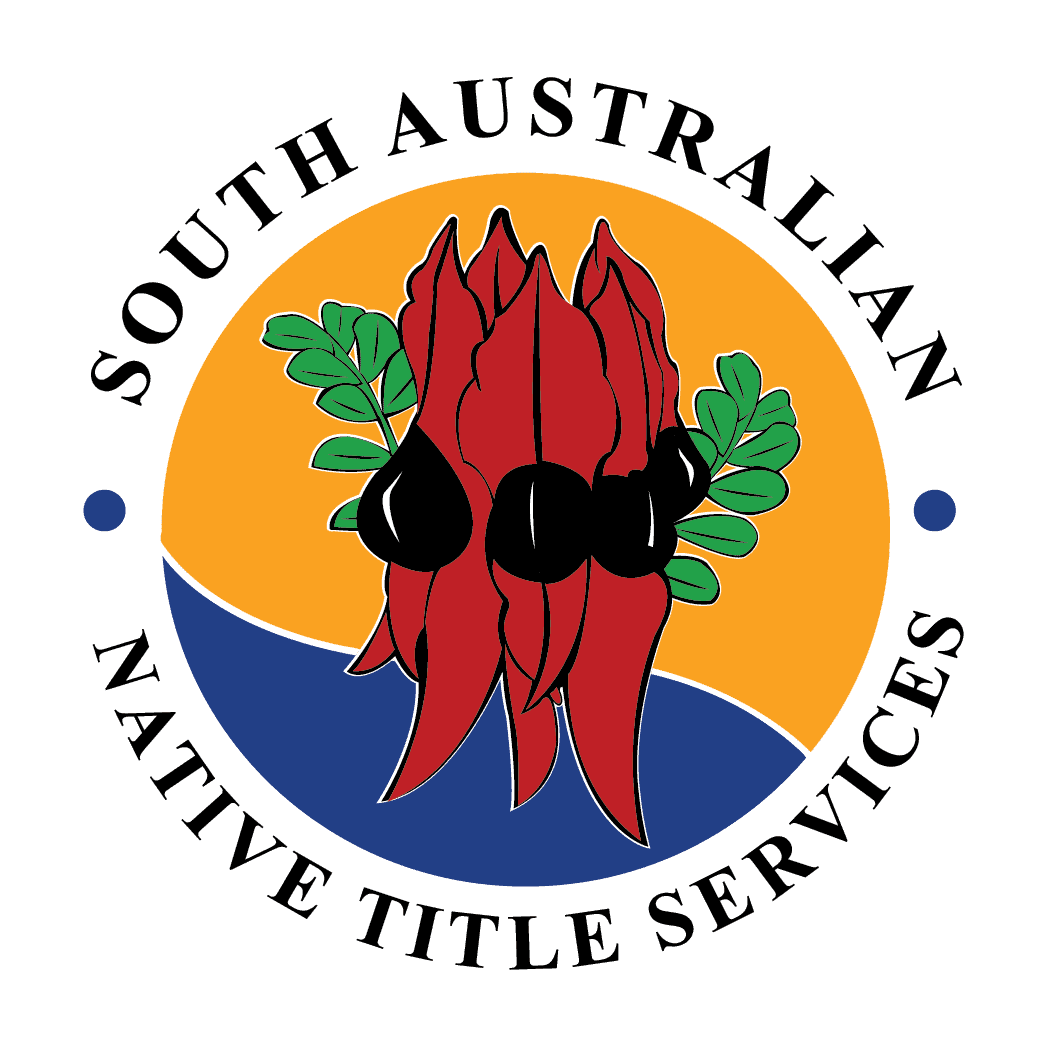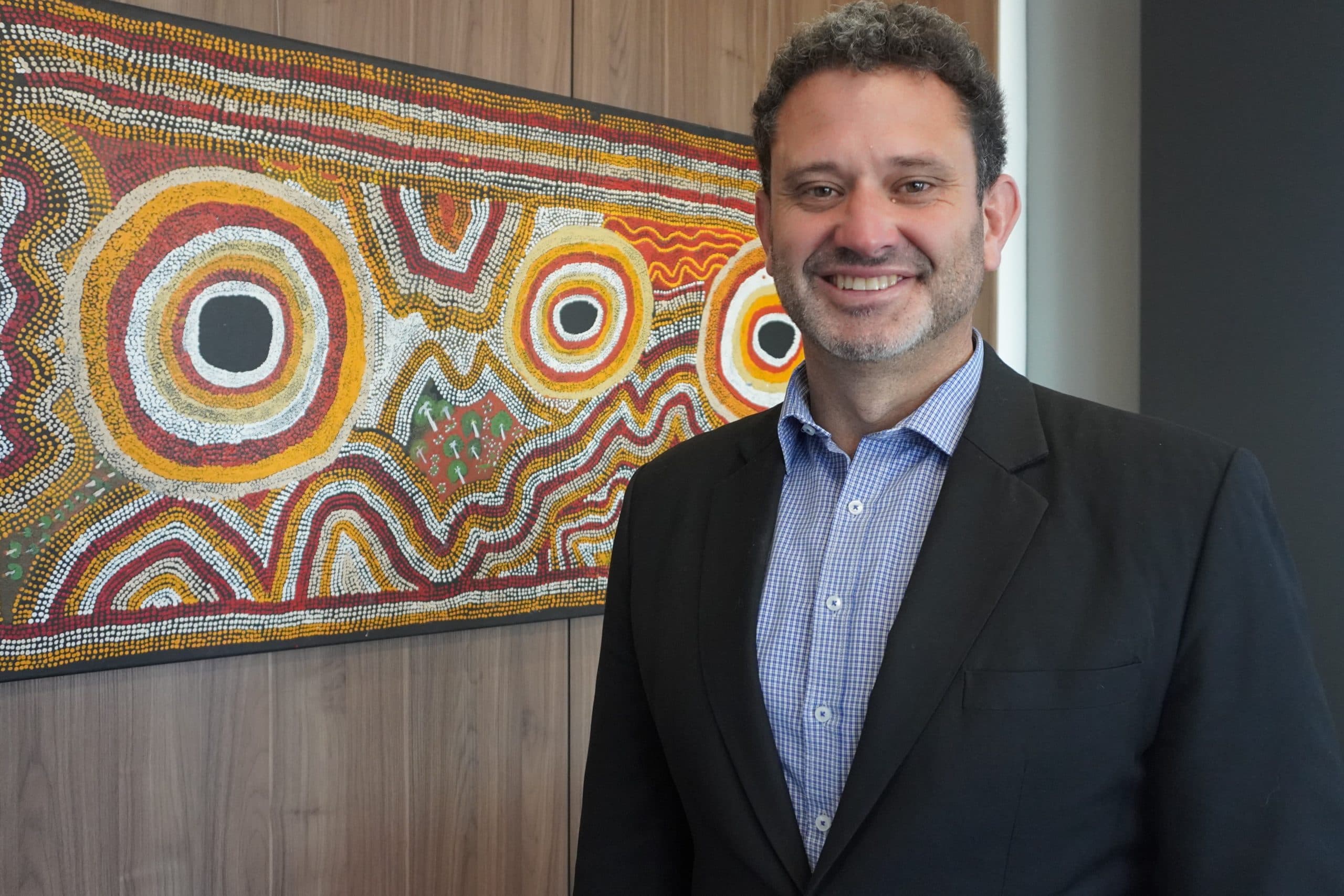Last week, Aboriginal Way sat down with South Australia’s first Aboriginal Attorney-General and Minister for Aboriginal Affairs, the Honourable Kyam Maher.
We found out more about his background and what has got him to where he is today, and asked him about pressing issues in the sector such as his plans for progress on the Uluru Statement from the Heart and the Aboriginal Heritage Act.
You are South Australia’s first Aboriginal Attorney-General. What does holding this title mean to you?
It’s something I’m really, really proud of. I think it creates a unique opportunity in South Australia, especially being both the Minister for Aboriginal Affairs and the Attorney-General. The Attorney-General is designated the state’s first law officer, charged with looking after the justice system and for more than 200 years it’s been the laws of South Australia and the British colony that preceded it that did so much to dispossess and disadvantage Aboriginal people. To have those laws in concert with Aboriginal Affairs policy so we can ensure that doesn’t happen again and have them instead work for Aboriginal people – I’m excited about that.
You grew up in Mount Gambier, what was that like?
I spent the end of primary and all high school in Mount Gambier and until recently, my parents lived there, so I was back regularly. So much of my time growing up was amongst the Boandik community, Ngarrindjeri people and other South Australians that call Mount Gambier home. It’s a wonderful place, big enough that you’ve got everything you need, but small enough to have that community feel where sports are a central element to daily life. I think I was really fortunate to grow up in regional South Australia.
But your Aboriginal heritage comes from Tasmania? What role did it play in your life as you were growing up?
Yes, that was my mum’s heritage. My mum, growing up, was told not to talk about it which, back then, was not an uncommon story. I think as a society we’ve come a long way in being much more proud of the link everyone in this country has to the oldest living culture in the world but also, people are becoming increasingly proud of their identity. It didn’t play a huge role in my early life but certainly did as my Mum got more involved in the local Aboriginal community. By the time she passed away nearly five years ago, she was the chair of the board at Pangula Mannamurna, the Aboriginal health service, where she’d worked before retiring. And in 2016, she was the NAIDOC Lifetime Achievement Award Winner for the South East. So, it didn’t play a huge part in my early days, but it gave me a great sense of pride when I’d walk down the street with my Mum and a kid would call out ‘Auntie Viv!’ (his Mum). That was pretty special.
Do you think it was your Mum’s role in that organisation that got you in touch with your heritage?
Absolutely. And my passion for Aboriginal affairs. My mum was a member of the Labor party and passed down that passion for social justice, particularly in Aboriginal affairs policy. It was really strong in my background and I think about what she used to do in much of my own work.
Can you tell us about your career and how you’ve got to where you are?
I came up to Adelaide to go to Uni and graduated with an economics degree and a law degree, then spent almost five years as a lawyer at the crown solicitor’s office. Then in 2002, when Labor won government, I was in my late twenties, a young crown lawyer and they were looking for government lawyers to be members of the Labor party to help new Ministers set up offices. So just by coincidence and very good luck and circumstance, I helped set up office for the then Aboriginal Affairs Minister and went on for the four years before he passed away to be his Chief of Staff. I can remember thinking pretty early on working for him that the way I wanted to make a difference in the world wasn’t by being a lawyer, it was through that intersection of politics and Aboriginal affairs policy. So nearly 20 years ago I thought this is what I would love to do, what my boss, the then Minister for Aboriginal Affairs did, and with some very good fortune I’ve been able to do that.
So that position made you think about what you would want to do within the Aboriginal sector?
Yes, absolutely. It certainly occurred to me quickly just how difficult this area of public policy is. A lot of people have turned their minds to overcoming the huge levels of disadvantage and discrimination so many Aboriginal people face, and yes, we have made steps, but it’s slow going. Each year when Federal Parliament tables the closing of the gap report, you see that their progress has been slow, but it occurs to me that some of the most difficult things are the most important things. And I think that certainly is the case with Aboriginal affairs policy.
An area you have plans around is, of course, the Uluru Statement from the Heart – Voice, Treaty, Truth?
Absolutely. I remember well when the most involved consultation that’s ever happened with Aboriginal Australians culminated in the Uluru Statement from the Heart in May 2017.
It was a really exciting time. I was at the Garma festival in East Arnhem Land soon after it was released and the feeling there was what I imagine the feeling preceding the 1967 referendum was. There was so much positivity, so much cause for optimism; these are the next steps, things are going to change. It was only a short time afterwards that then Prime Minister Malcolm Turnbull basically said no, we’re not doing that. It really was crushing.
In 2019, talking to the now Premier Peter Malinauskas, we decided that we couldn’t wait for a federal government to decide to take this up. We needed to do something if we got elected. So three years ago we made a commitment that if we formed government in 2022, we would implement a state-based version of the Uluru Statement involving voice to parliament; a treaty process, which we were well on the path with before we lost government, and a truth telling process. These are big but important commitments.
Indigenous leaders are calling for a referendum on First Nations’ voice to Federal Parliament within the next two years. Is a viable timeframe? What do you think needs to happen for this to occur?
Yeah, I think it is. I think it’s the important next step. The government of the day asked Aboriginal Australia what the next steps were, and this was a crucial element. It’s been five years since the statement was handed down. Now it’s time to get on with it. I was pleased to see ABC’s Vote Compass published updated figures recently, showing increased support with over 70% supporting a constitutional Aboriginal voice to parliament. The time is right; I’m looking forward to something happening over the next couple of years federally.
Let’s talk about the Aboriginal Heritage Act. A lot of people in South Australia feel it’s not adequate; that it’s not offering the protections it should. What do you think?
This has had a lot of national attention with what we’ve seen in WA with the destruction of extremely sacred Aboriginal heritage in Juukan Gorge, and elsewhere in Australia. It’s something we are looking at. The Aboriginal Heritage Act was one of the first schemes in the country when it came into force in South Australia in 1988. It is in need of updating after 35 years, and land use proponents where the mining companies are, I think, recognise that it probably needs updating as well.
Looking at the fines that are imposed, there’s the specific performance of how you remedy those, but also how Aboriginal people have more control over their own heritage. There were amendments that passed about five years ago to institute regional Aboriginal heritage bodies so that, rather than it just be a minister of the day saying yes or no, you can damage this to have this wind farm or road or whatever is go ahead, actually give some control and power back to Aboriginal groups to be able to discuss and negotiate with developers.
So, it will be updated?
I think yes, there will be updates. I’d like to see progress made on some of those provisions about regional heritage bodies, but I’d also like to talk to my Federal Labor counterparts and see how we can take the best elements from different states and have a more consistent system around Australia for Aboriginal heritage protection.
Lastly, why is it so important for Aboriginal people to be involved in the design of these decisions from the forefront?
I can remember former Premier Jay Weatherall who held the Minister for Aboriginal Affairs portfolio early in his career chatting to me when I first took it over.
One thing he reflected on, which has certainly been my experience after 20 years working in and out of Aboriginal affairs, is that policies and services for Aboriginal people just don’t work if they aren’t at the front driving them. If Aboriginal people don’t get a say in the decisions that directly affect their life, there’s little chance of success. And that was the experience when we started treaty negotiations with Aboriginal nations. One big thing that came up consistently as part of signing agreements with the State Government, was that enforceable mechanisms should be part of the decision-making process for Aboriginal people in areas like health, education and the justice system. It is absolutely critical. We will just repeat mistakes of the past if Aboriginal people aren’t at the forefront of designing the programs that affect their lives.
Is there anything else you’d like to say to the Aboriginal community of South Australia?
It is such a privilege to do what I do. I used to get asked when I was last minister, Aboriginal affairs, how I find the job. And I used to be honestly able to say that there’s not a morning I’d wake up, that I could think of something else I’d rather do. It is a remarkable privilege and we will do everything we can to repay the faith that Aboriginal people have, who have voted us into government.
Issue 86 of Aboriginal Way is out now! It can be found online at www.nativetitlesa.org/aboriginal-way-editions/



 Protected by Patchstack
Protected by Patchstack